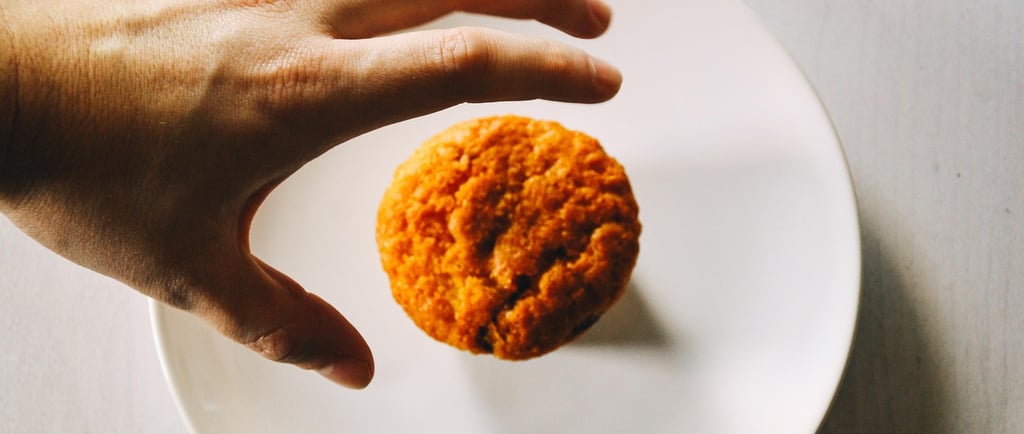"What’s On Your Plate?"
A Reflection of Our Hunger for Judgment.
Team H&H
8/4/20252 min read


In a world where millions sleep on empty stomachs, where malnutrition lines the faces of countless children, and where food insecurity continues to be one of the most pressing global challenges, it’s deeply ironic how much curiosity and scrutiny revolves around what’s on someone else’s plate.
You’d think a society/community that preaches equality, empathy, or spirituality would be above such superficial observations. But no—across homes, offices, communities, societies and social media, “What are you eating?” is more than a casual question. It's a coded inquiry. Behind that seemingly innocent glance lies something deeper: judgment, comparison, and performance.
The Plate as a Mirror
A plate used to be just a vessel for nourishment. Today, it's "a canvas of status". Whether it's a carefully curated salad, an expensive sushi platter, or a humble home-cooked meal, people often find themselves being "evaluated silently". Have you ever felt those lingering eyes at a dinner table, not just wondering what you’re eating—but who you are?
Food, in this context, stops being food. It becomes "symbolic": of your income, your values, your upbringing, even your morality. "Oh, you still eat that?" or "You're vegan now?"—these are not questions, but quiet statements.
The Irony in the Hunger
We live in a time when "access to food is unequal", yet "judgment about food is universal". Someone eating too little is pitied or suspected of dieting. Someone eating too much is shamed. Someone eating a certain cuisine is exoticized or mocked. And in the middle of it all, "no one asks the most important question: Are you nourished? Are you okay?"
It’s a heartbreaking irony that "in places where people are starving", the privileged still find time to "criticize, comment, or compete over food". We scroll past images of famine or food scarcity, then argue over gluten-free trends or farm-to-table meals.
Spirituality, Simplicity, and the Spectacle
Many cultures associate food with "spirituality" - the act of eating is sacred, a form of prayer or gratitude. Yet somehow, that sanctity is lost in comparison. Instead of celebrating "humility and gratitude", meals have become a "public performance"—on Instagram, at social gatherings, even in spiritual communities. One’s “diet” becomes a badge, a form of virtue signaling.
Choosing Awareness Over Judgment
So next time you're tempted to "look at someone’s plate and make a story out of it", pause. Instead of asking, “Why are they eating that?” ask, “Do they have enough?”
Instead of assuming status or preference, choose "compassion over curiosity".
Because in a world where many still go to bed hungry, the real question shouldn't be “What’s on your plate?”—
It should be:
“Is everyone getting a plate at all?”
Let food be not just a source of nutrition, but of connection, empathy, and shared humanity.
Take care,
Team H&H






